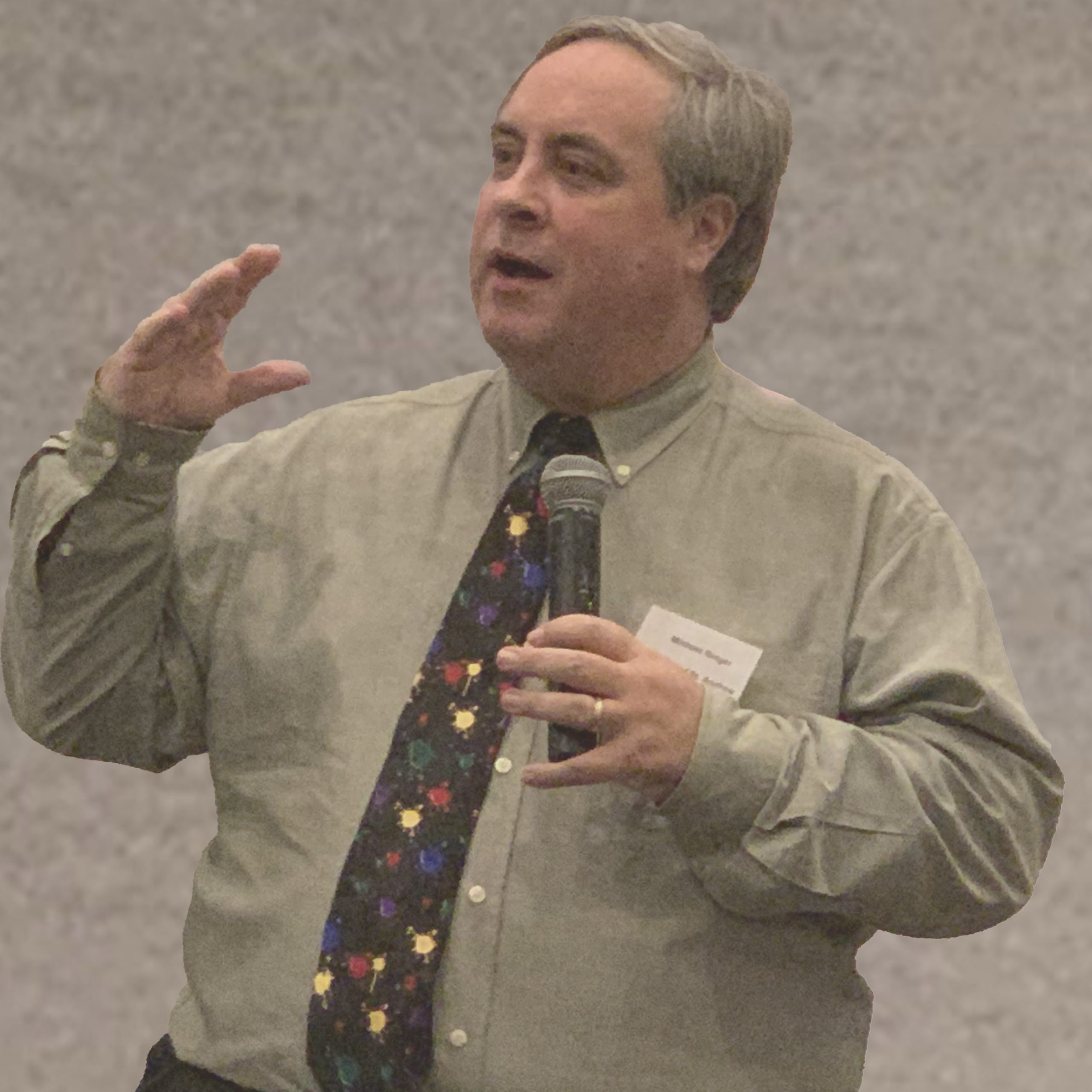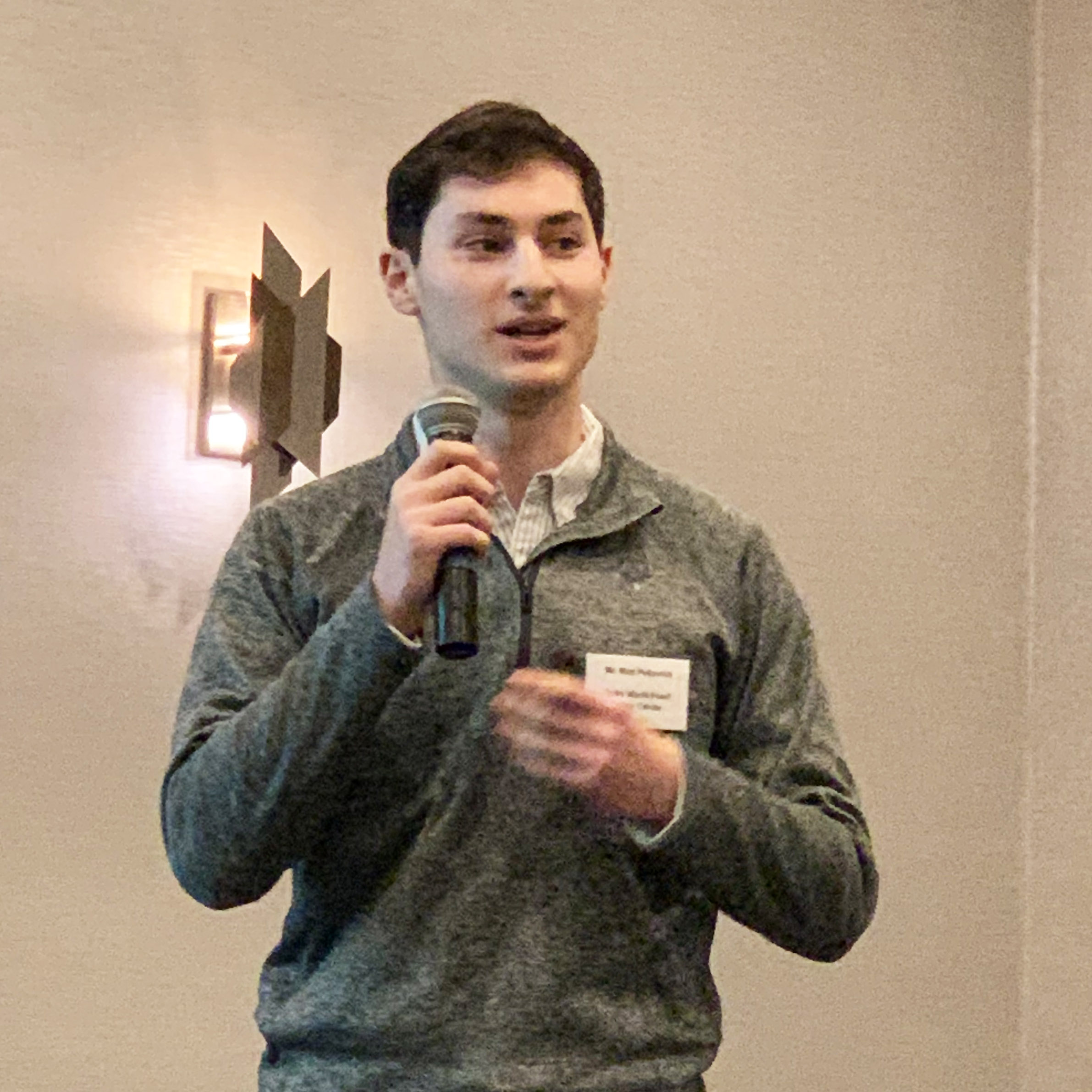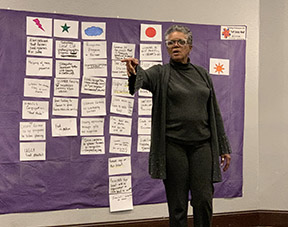Farmers have few options when a produce crop doesn’t sell, or the harvesting cost means there won’t be a profit. Sanford’s World Food Policy Center (WFPC) and the Society of St. Andrew hosted a stakeholder workshop to explore strategies for encouraging North Carolina farmers to donate such crops through gleaning. The workshop, held on Feb. 9 in the Research Triangle Park, included farmers, extension agents, food bank representatives, philanthropic foundations, and researchers.

Gleaning usually involves collecting fruit and vegetables left on the field after conventional harvesting. It can also include picking crops that the farmer won’t gather because of high harvesting costs and low produce prices. The Society of St. Andrew (SoSA), a non-profit organization based in Virginia, promotes gleaning as a means for reducing food waste and improving food access and availability for low-income families.
“What can we do to make donating crops through gleaning a better option for farmers? What incentives would make a difference to them. And what barriers hold farmers back from allowing gleaning?” asked Michael Binger, regional director of North and South Carolina for the SoSA.
With 10.9% of the NC population experiencing food insecurity, fresh produce is too valuable to waste. Lisa Johnson, a professor at NC State and independent consultant on food loss and waste, estimates that approximately 65% of the unharvested crop that remains in farmers’ fields in NC is of wholesome and edible quality. Each year in NC, there are roughly 4,564 pounds of food per acre left on the field, she said. “This translates into 15.4 million tons of surplus food or roughly 350 pounds of available food for each food insecure person in North Carolina,” she explained. Watermelon, cucumber, sweet corn, winter squash and sweet potato are the crops with the largest amounts.
Eastern Carolina University professor Lauren Sastre has measured how fresh produce reduced health disparities in underserved patient groups in NC. Her patients experienced measurable improvements in blood sugar metrics.
Allison Korn, a Duke law school professor, discussed the Emerson Good Samaritan Act and liability protections for farmers and organizations involved in food donation. A takeaway was that there are broad protections. Korn said there hasn’t been a single court case against farmers with issues related to food safety, and that while there are nuances, sincerity of intent provides a defense unless there is gross negligence.

Matt Peljovich, a Duke senior who has worked closely with the WFPC to investigate the NC tax landscape for gleaning. NC had a tax credit available to farmers until 2013, but it provided minimal financial benefit, resulting in low participation. Peljovich said other states are trying different approaches to tax incentives for farmers.
Norbert Wilson, director of the WFPC, research of former Duke student Samantha Schulties that found that gleaners are often motivated by social and environmental considerations ahead of financial ones.
Wake County extension agent Trevor Hyde discussed the challenges of scaling food donations from farms and incentivizing donations. “How to we make the right choice the easy choice?” Hyde asked. He suggested gleaning could be a potential agritourism activity drawing people to farms.
Chip Simmons, a food safety officer specializing in fresh produce with the NC State extension office, highlighted some of the barriers associated with gleaning. Good Agricultural Practices (GAP) certification can be a significant consideration, he explained. With GAP, production sites have to be cognizant of the biohazard risks associated with visitors on their property if they want to sell into the supply chains of major aggregators or vendors.
Mayme Webb-Bledsoe, an assistant vice president in the Office of Durham & Community Affairs, facilitated a solutioning discussion. The group’s conversation was lively, with potential solutions grouped into five categories: 1) farmer support; 2) food as medicine; 3) community engagement and farmer recognition; 4) economic policies and incentives; and 5) legislative changes. SoSA plans to use this feedback in their operational planning.
“Farmers participate in gleaning because they can, because their community matters do them, because they believe—like you and I do—that everyone deserves something healthy to eat,” said Lynette Johnson, executive director of the SoSA.
Written by Jack Daly, Duke WFPC

